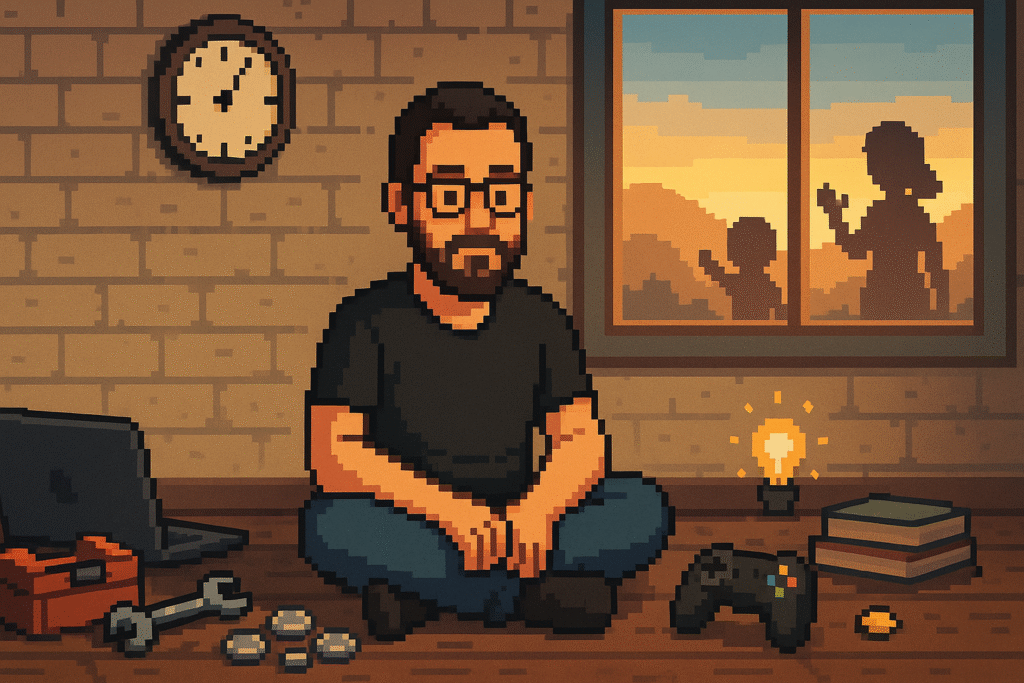Reading time: 7 min
Every money guru loves saying “you need money to make money.”
Yeah, no shit, Sherlock.
That’s like saying you need legs to run. The problem is — what if you don’t have the legs?
Most of us don’t have a trust fund, a stock portfolio, or parents who “gift” us property. We’ve got rent, bills, inflation, and a salary that looks like a joke next to the cost of groceries. And still, somehow, you’re told that if you just “invest right,” you can retire by 35.
Sure. Right after I start breathing through my ears.
Here’s the truth: the only thing we poor people have that’s completely equal to the rich — same quantity, same quality, same damn unit of measure — is time.
They get 24 hours.
You get 24 hours.
No difference.
What we do with it decides how long we stay broke.
This isn’t motivational crap — it’s arithmetic. Time is your only real currency. You can’t control your paycheck, but you control where your hours go.
So this isn’t another “put $10 in an ETF and retire rich in 40 years” blog. This is a realistic investment plan for broke people who live in the real world.
The Poor Man’s Investment Rulebook
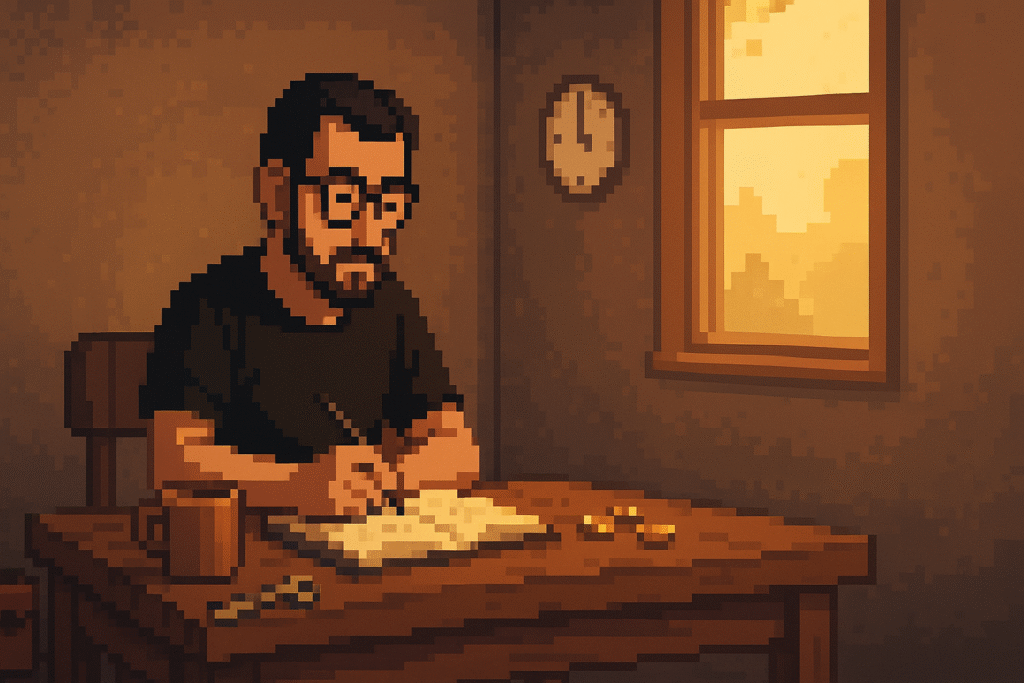
If you’ve got limited resources, you can’t afford stupid decisions.
Before we get into what to invest in, here’s the mindset:
Rule #1: If you don’t own it, you don’t own it.
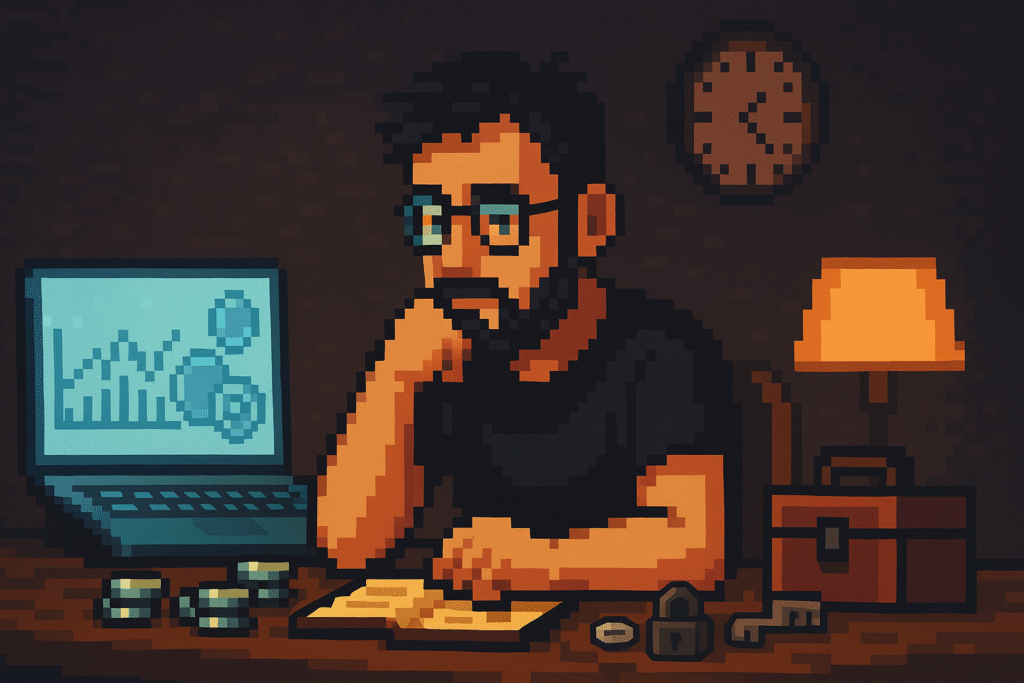
ETFs, crypto wallets, trading apps — all cool until someone else holds your keys or freezes your account. If you can’t touch it, it’s not yours. Poor people don’t get bailouts.
Rule #2: Cash flow beats bragging rights.
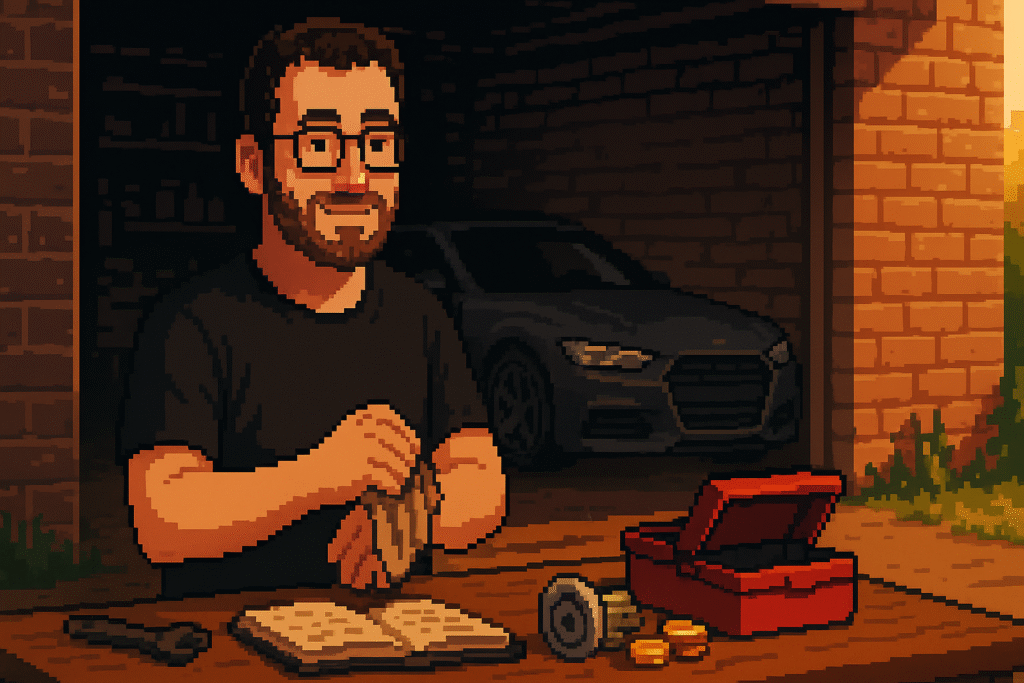
Don’t buy things that look rich — buy things that work. A $50 second-hand drill that makes you money beats a $1,000 phone that makes you broke.
Rule #3: Time is your capital. Waste it, and you’re bankrupt.
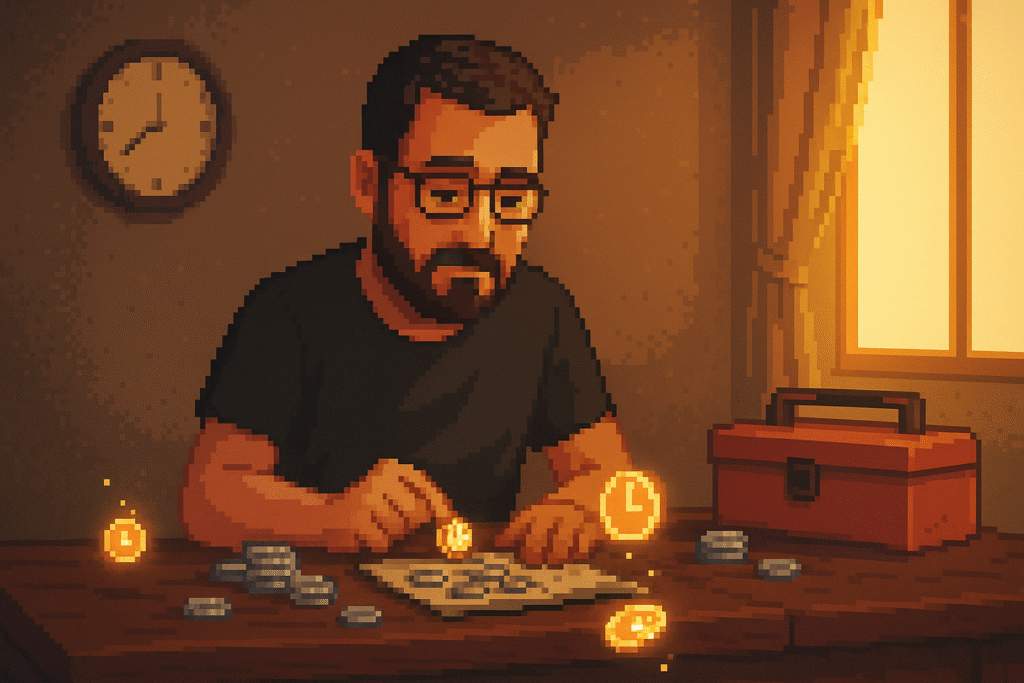
You can’t out-spend the rich, but you can out-use your hours. Every poor man’s empire starts with his schedule, not his salary.
Invest in Your Body — Your Real Asset
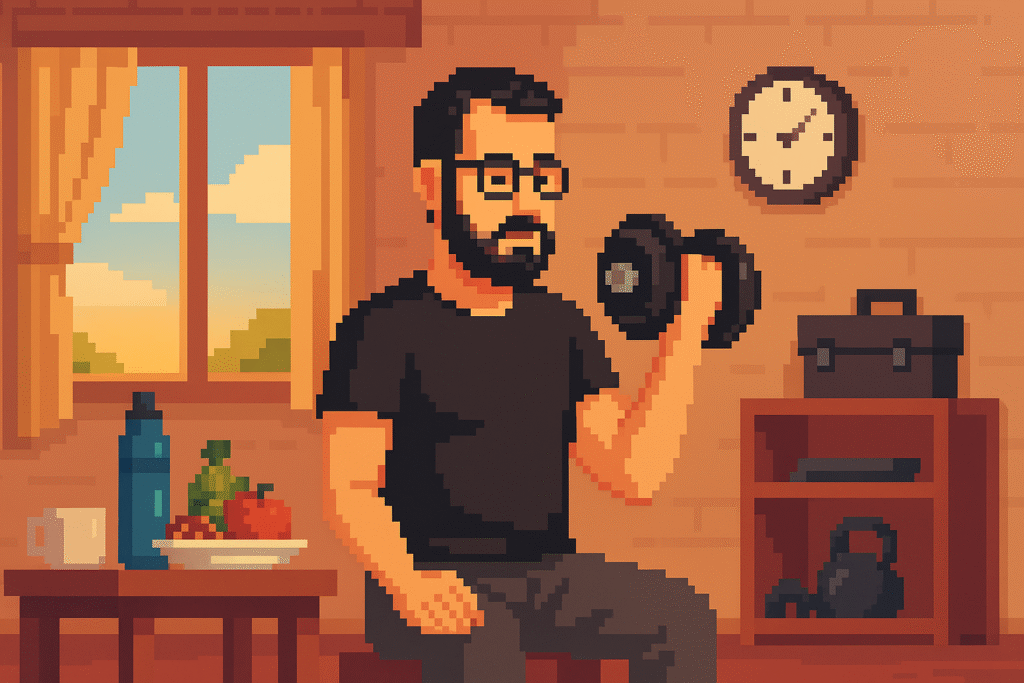
Here’s something no finance book tells you: your body is an investment.
When you train, eat properly, and sleep well, you’re building a machine that can work longer, smarter, and harder. You get tired less, think clearer, and make fewer mistakes. That’s not self-help talk — that’s straight math. More energy equals more productivity.
Forget the organic-vegan-intermittent-fasting-5AM-gym-before-work bullshit.
Most of those influencers don’t have jobs or families. You don’t need to live like a monk. Just stop treating your body like a dumpster.
Walk. Stretch. Lift something heavier than your phone. Eat real food. Sleep properly.
Do that, and your body will pay you back — with more usable time and more energy to use it.
You can’t invest in anything if you’re running on fumes.
Practical Low-Barrier Investments
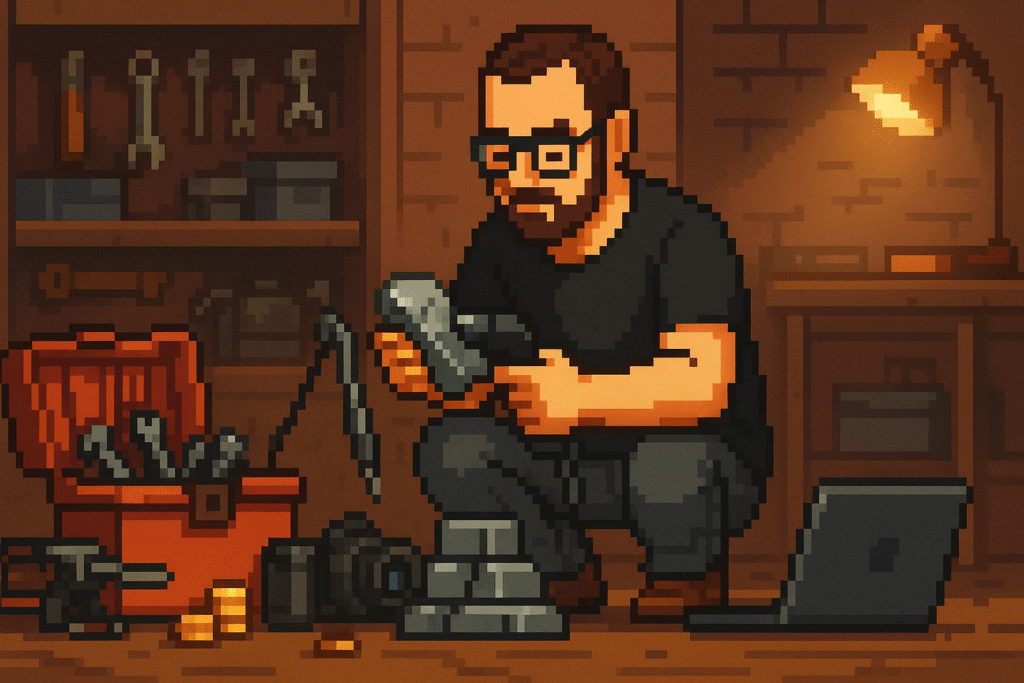
Now for the real stuff that actually makes sense when you’re broke.
1. Silver — The Poor Man’s Gold
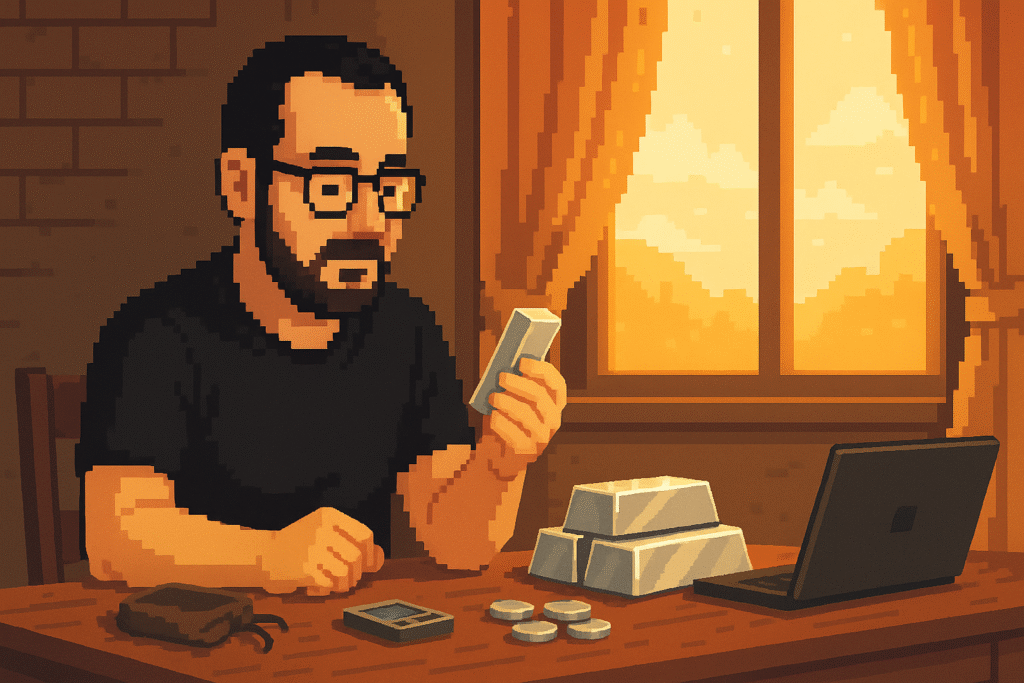
Gold is nice, but silver is real and affordable. You can buy it, hold it, and sell it — no apps, no brokers, no passwords. It’s not about getting rich — it’s about not getting poorer. It keeps your value when your local currency turns into Monopoly money.
2. Tools & Gear That Make You Money
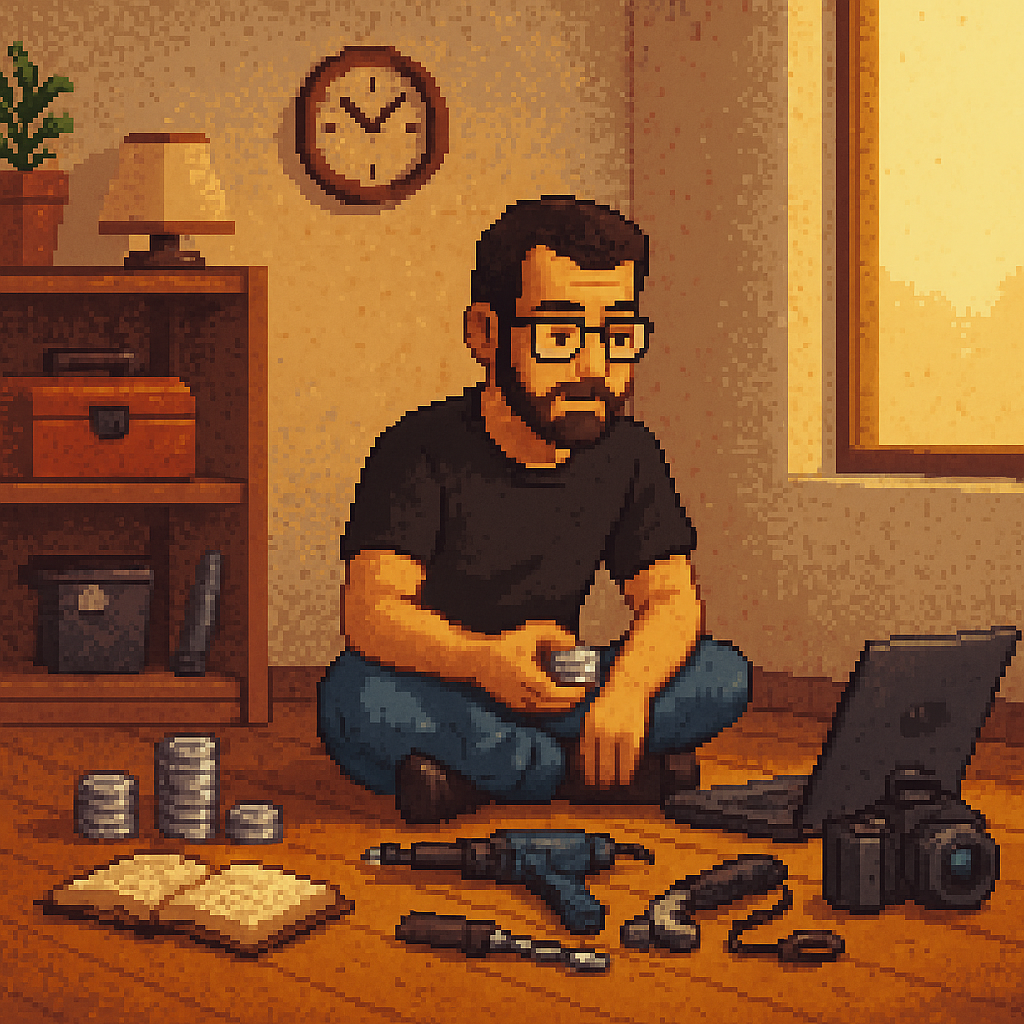
Buy stuff that helps you produce, fix, or build. A drill, a soldering iron, a laptop, a microphone — anything that can earn its keep. Tools don’t depreciate; they pay rent every time you use them. They’re the poor man’s dividend machine.
3. Knowledge & Skills
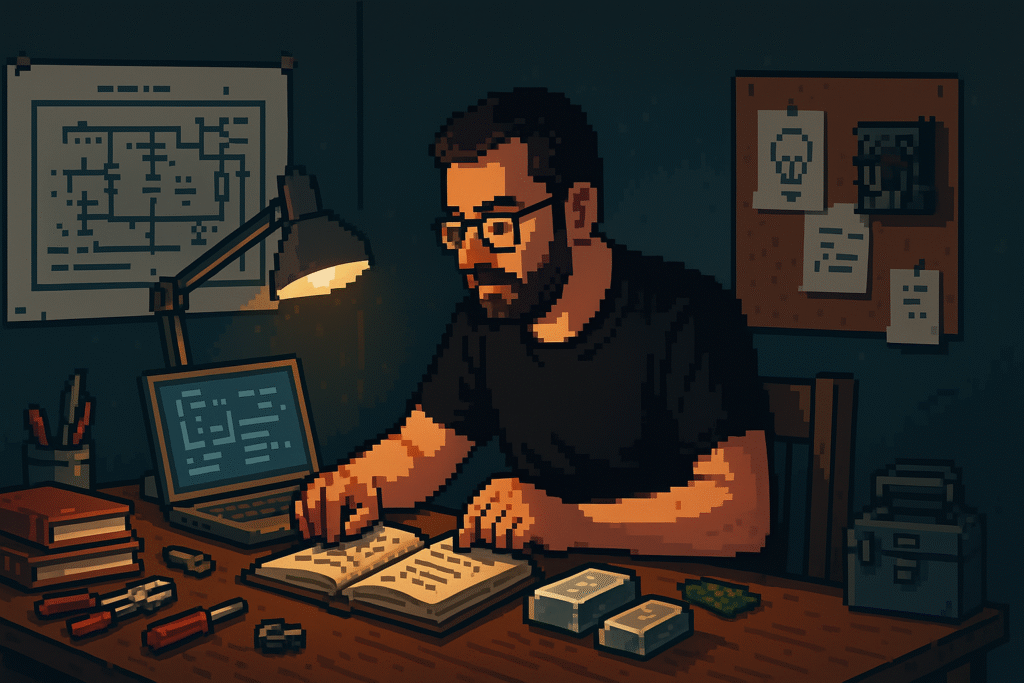
This is the gold mine everyone ignores. Learn something — anything — that expands what you can do.
Coding, video editing, car repair, photography, graphic design — anything practical.
You don’t need Harvard. You need YouTube, free courses, and stubbornness. Every skill you pick up gives you another way to earn.
But here’s the part everyone forgets — skills don’t always have to make you money; sometimes they just stop you from losing it.
I personally learned how to fix my own computers, gadgets, electrical wiring, plumbing, painting, car mechanics, welding, and carpentry — not to become a tradesman, but to stop throwing cash at problems I could solve myself.
Now when something breaks, I don’t Google a repairman — I grab a screwdriver.
I can build a table, fix a sink, rewire a socket, or patch a wall.
Every time I do, I keep the cash that would’ve gone to someone else.
That’s money saved — and saved money becomes investment money.
The more I save, the more silver I can buy. The more tools I can afford. The more freedom I gain.
That’s not a hobby. That’s strategy.
4. Side-Hustle Infrastructure
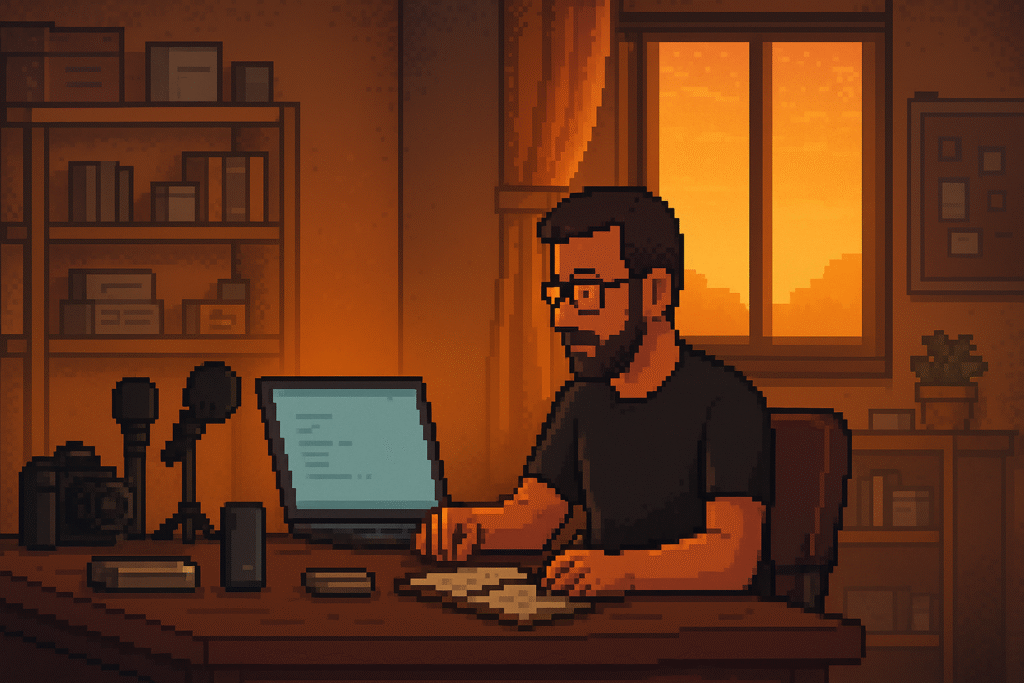
A domain name. A basic website. A used camera. A halfway-decent laptop. These small, one-time investments are seeds for future opportunities. You can’t build something real if you have nowhere to plant it.
5. The Emergency Fund
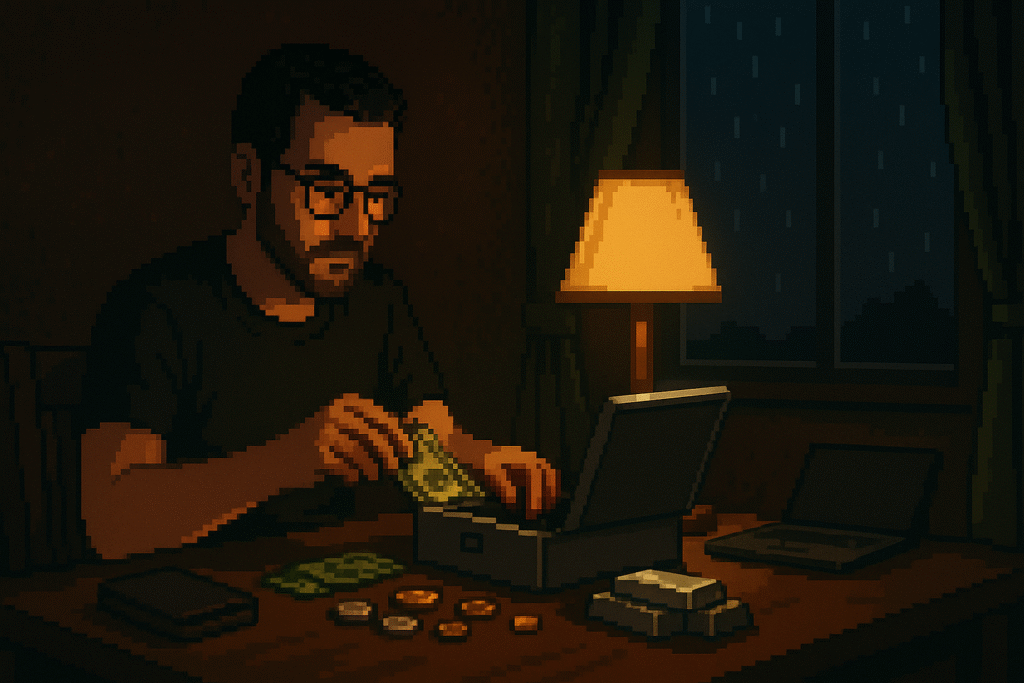
The most boring but most powerful investment you can make.
Having even a few hundred bucks stashed away keeps you out of panic mode. It stops you from taking bad deals or begging for credit when life kicks you.
Freedom doesn’t start with millions — it starts with not needing help for small crises.
What Not to Touch
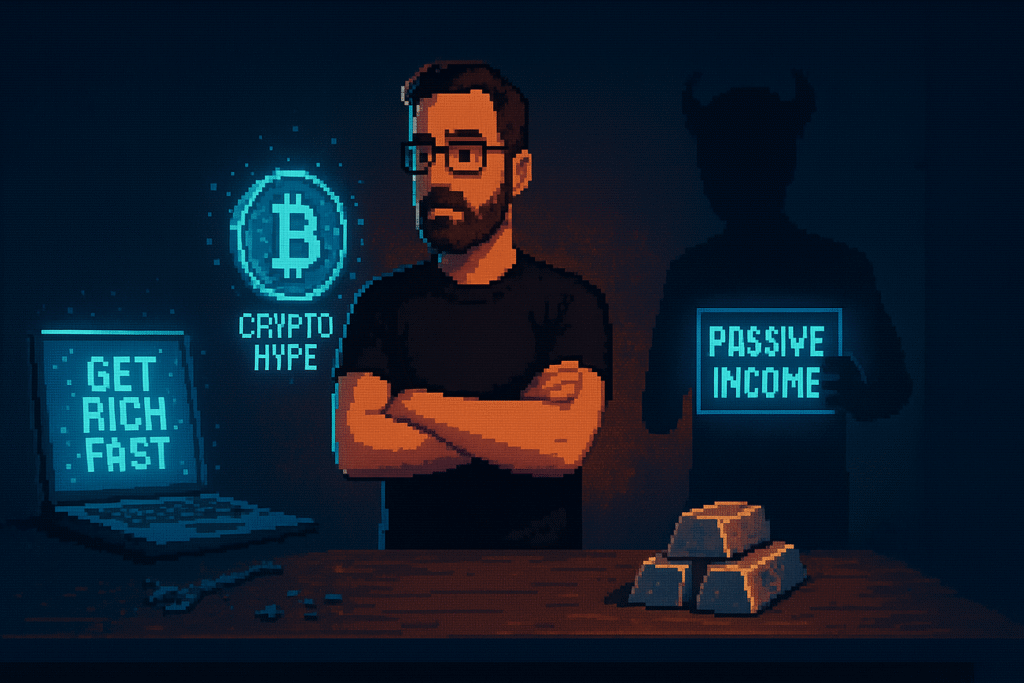
Here’s where most broke people get scammed — chasing “fast money.”
Forget the “take surveys online and earn cash” garbage.
Yes, they might pay you. A few dollars. For hours of your life you’ll never get back. You’re literally trading your only equal asset — time — for digital crumbs. Spend that time learning a skill, and you’ll never fill out another toothpaste survey again.
Same goes for:
- Meme coins. Lottery tickets for people who hate math.
- Online gurus. If they’re selling you a course on “financial freedom,” you’re the product.
- Dropshipping “empires.” Ninety percent fail. The other ten percent lie.
- Passive income fairy tales. If someone says “I made $10,000 while I slept,” it’s because you’re awake funding them.
If it drains your time or energy without building you, it’s not an investment — it’s entertainment disguised as opportunity.
Invest in Your Sanity — The Forgotten Chapter

Let’s clear up another myth: you don’t have to work 24/7 to “make it.”
That hustle cult nonsense destroys more people than it helps.
You’re not a robot. You need downtime.
And here’s the thing — rest is also an investment.
- Play video games.
- Watch a good show.
- Go out.
- Spend time with your wife and kid.
Why? Because it regenerates you.
You invest in a few hours of gaming, and you buy yourself stress relief, creativity, and mental breathing room — so the next day, you’re sharp, calm, and not ready to throw yourself out a window.
You spend time with your wife? Great — that’s partnership equity. You build trust, love, and emotional balance, and she’ll naturally support you more, free up your time, and keep you sane enough to push harder when it matters.
You spend time with your kid? That’s the longest-term investment there is. You raise them well, teach them, care for them — and they’ll take care of you when you’re too old to fix the toilet yourself.
And going out? That’s not “wasting time.” That’s hitting the reset button. Feeling the wind, touching grass, walking by the sea, seeing the world you’re working to afford — that’s the reward cycle that keeps you hungry to keep building.
A poor man who never rests burns out fast.
A poor man who enjoys life while building wins the long game.
The Poor Man’s Long Game

Being poor doesn’t mean being stupid. It means you can’t afford mistakes. Every dollar, every hour, every bit of effort counts.
You can’t buy time, but you can use it better than anyone else — and that’s your advantage.
- Invest in silver if you can.
- Invest in tools and knowledge.
- Invest in your body — the only machine you can’t replace.
- Invest in your sanity and your family — the only people who’ll matter when the grind is over.
- And above all, invest your time like it’s the rarest metal on Earth, because it is.
You don’t have to compete with the rich on their playing field.
Build your own — one that runs on discipline, grit, and balance.
The rich build portfolios.
We build ourselves.
One habit, one rep, one hour at a time.
That’s not poverty.
That’s progress.
I’m out, Peace!
Hey! Wanna know how to save some money buying a car, and make the right decision? Here you go: The no BS car buying guide.

